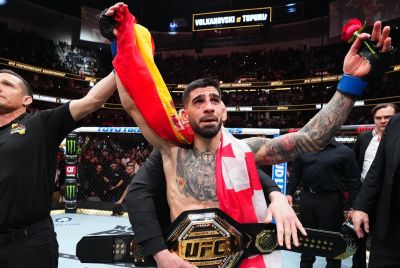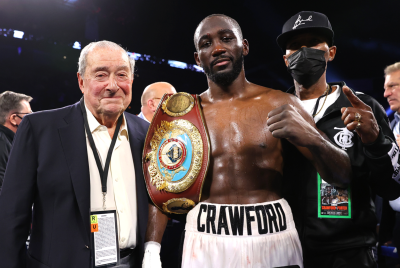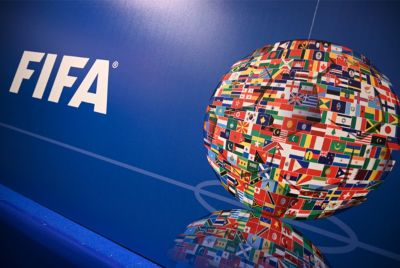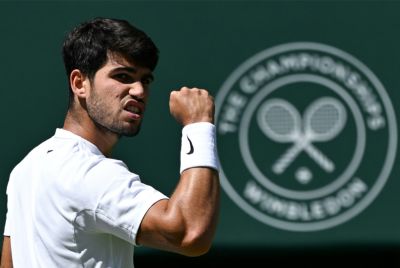'Team of the regime' debate ignites open warfare between Barcelona, Real Madrid
The two clubs are accusing each other of having close ties with General Francisco Franco.
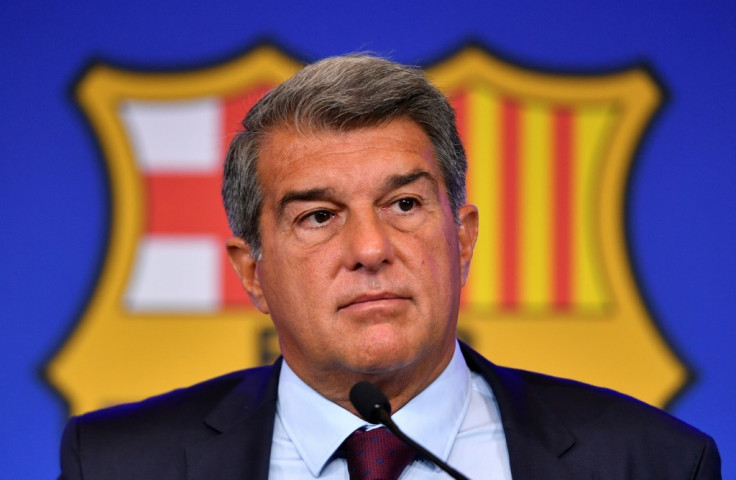
The rivalry between Real Madrid CF and FC Barcelona has ignited into a full-on feud following the direct verbal attack launched by Barcelona president Joan Laporta, which resulted in a surprising response in the form of a video from Los Blancos.
On Monday night, Real Madrid posted a video on the club's social media accounts just hours after Laporta held a press conference to address the corruption charges that the Balugrana are facing in connection with El Caso Negreira.
What did Laporta say against Real Madrid?
Recent headlines in Spain have been about the payments made by Barcelona to former Technical Committee of Referees vice president Jose Maria Enriquez Negreira. The club is under investigation for possible corruption, and Laporta held a press conference on Monday in his latest attempt to deny the allegations.
Laporta claims that Barcelona is under attack and accused La Liga of fuelling "false narratives" in connection with the case. He did not stop at criticising the league and proceeded to attack their eternal rivals, Real Madrid, who have agreed to appear at the trial.
The Barca chief labelled Real Madrid's participation in the trial as "an unprecedented show of cynicism." Then, he dropped the words that appear to have hit a major nerve. Laporta said that Real Madrid had been "favoured in terms of refereeing decisions historically and in the present," and added that "they claim to feel harmed in sporting terms by this. This comes from a club... that was regarded as 'the club of the regime'."
What does "club of the regime" mean?
Laporta was referring to the rule of General Francisco Franco, who held power as a dictator in Spain from 1939 to 1975. The narrative that has been pushed by Barcelona for decades is that Real Madrid were favoured Franco and that the club had close ties to "the political, economic and sporting powers" during the dictatorship.
In his speech, he added: "For 70 years, the people in charge of making decisions in that regard were from Real Madrid."
Real Madrid did not take the comments sitting down
— Real Madrid C.F. 🇬🇧🇺🇸 (@realmadriden) April 18, 2023
The football world expected Real Madrid to respond, perhaps with a curt statement, but not many expected the video that suddenly dropped just hours after Laporta's press conference. The club was clearly offended by the attack, and they addressed Laporta's words in the most direct manner possible.
It was so direct that the video, which has a total run time of 4 minutes and 27 seconds, started with a clip from Laporta's speech wherein he says: "I want to refer to the appearance of a club in the trial. A club who have gone there freely, who have appeared as a private prosecutor in the trial. And a club who say they feel harmed in sporting terms. And this club is Real Madrid. A club that we all know have been favoured in terms of refereeing decisions historically and in the present.
"Whatever the reasons are, they have been favoured. We all know they have been favoured by refereeing decisions. A club who have been considered as the team of the regime."
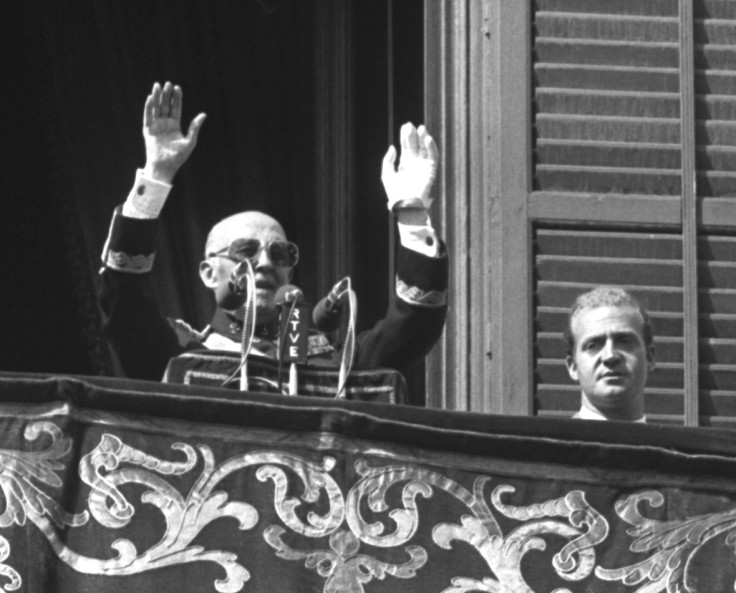
Real Madrid lays down some historical facts
The video then cuts away from Laporta and dives into a series of historical clips which aim to answer the question: "Which club was the team of the regime?"
Real Madrid uses archive videos to show how the Camp Nou was inaugurated in September 1975 by Jose Solis Ruiz, who was the minister of General Franco alongside the auxiliary bishop of Barcelona. Then, the video recounts how the dictator was given the Gold and Diamond badge from Barcelona and was also named an honourary member in 1965. Franco is said to have received three medals from the club, and the Real Madrid video shows clips from said meetings between the General and the Catalan club's officials.
Then, the video shows newspaper clippings from the time when "Barcelona were saved from bankruptcy three times by Franco thanks to land reassessments."
Sporting success during the said regime
Real Madrid then addressed the claims that they received favourable treatment in sporting terms during the dictatorship by pointing out that Barcelona won eight league titles and also lifted the Copa del Generalisimo (now known as the Copa del Rey) nine times during the said regime.
In contrast, Real Madrid had a La Liga title drought for 15 years before finally winning the league under Franco.
Finally, Real Madrid reminded the public of the club's suffering under the general. "Real Madrid were dismantled during the Civil War. Players were murdered, arrested and exiled, as the documentary of Santiago Bernabeu says."
Clips from the aforementioned documentary were then shown, wherein the narrator states how Real Madrid's headquarters were bombed, the trophies were stolen and only five players remained from the squad after many were arrested or exiled.
Former Madrid president Santiago Bernabeu then says: "When I hear 'Real Madrid are the team of the regime', I want to curse the father of whoever says it," which is a slightly less vulgar translation of the original statement in Spanish.
Finally, a text card flashes and asks again: "Which club is the team of the regime?"
Why is this such a sore topic?
General Franco established a dictatorship in 1939 and ruled as the country's head of state until his death in 1975. Spain then transitioned into a democracy. The country rebuilt itself but despite its efforts to move on from the past, the brutal repression during the Franco regime continues to linger.
Part of Franco's political agenda was the repression of diversity and culture in regions outside the capital. Languages such as Catalan and Basque were restricted, which has become one of Barcelona's main points of argument in stating that they had not been favoured by the regime.
Catalonia's regional government has asked Real Madrid to take the video down calling it a "manipulation of history." They also pointed out that former FC Barcelona president Josep Sunyol was executed by Franco's forces.
Unfortunately, the fact of the matter is that the suffering and oppression was felt all over Spain and it seems futile for each club to enumerate which one suffered more injustices. The matter at hand at present is Barcelona's payments to a former referee and technical official, which is the subject of a corruption investigation.
Regardless of which team was favoured or oppressed by Franco, the question that needs to be answered is whether Barcelona paid to receive favourable treatment from referees in the years that are being investigated in El Caso Negreira. Notably the case is about possible corruption from the early 2000s to at least 2018, decades after Franco's death and the end of his dictatorship.
© Copyright IBTimes 2025. All rights reserved.




